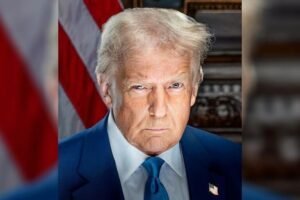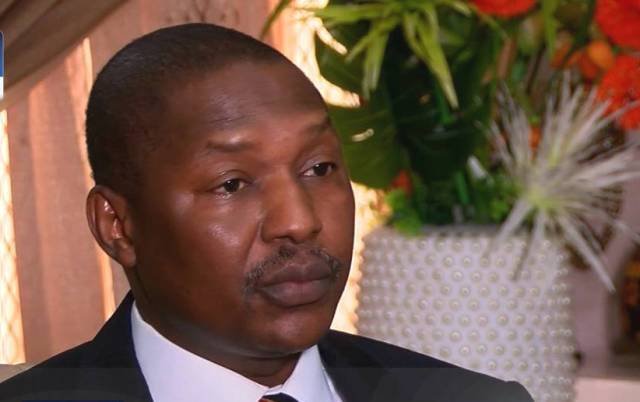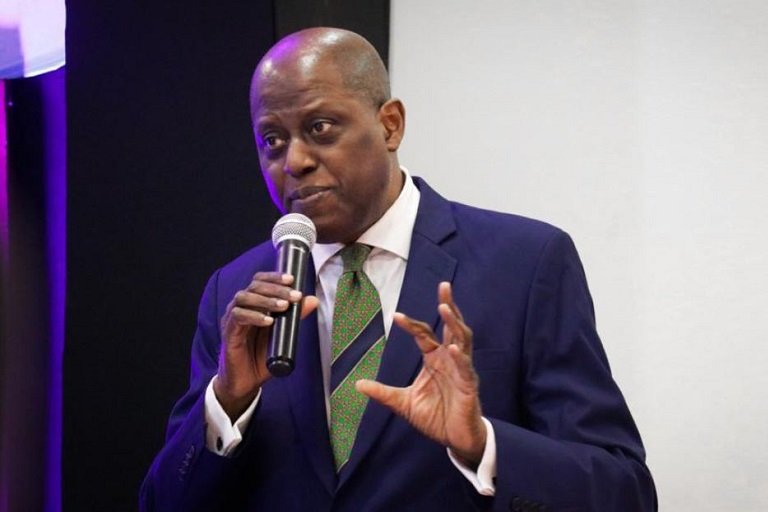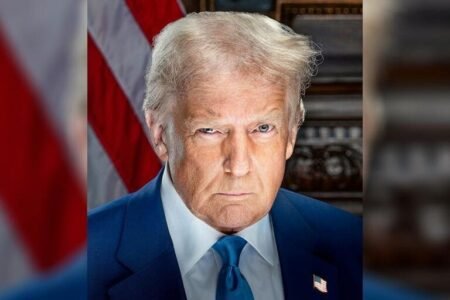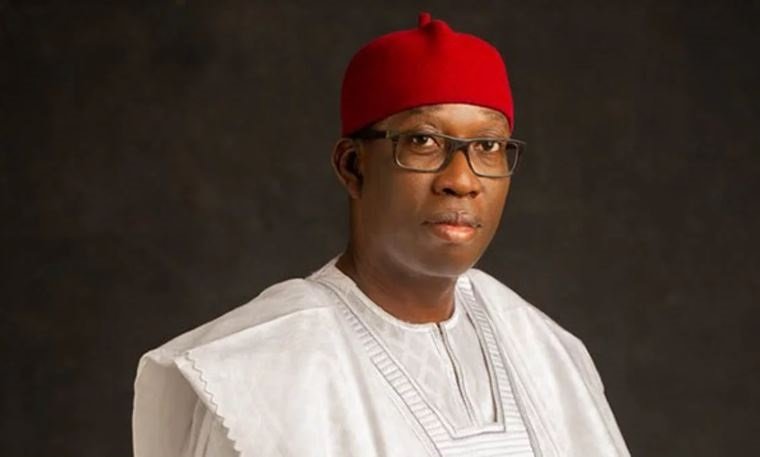Former Attorney General of the Federation and Minister of Justice, Abubakar Malami, SAN, has refuted corruption allegations leveled against him by former President Olusegun Obasanjo.
In his newly released book, Nigeria: Past and Future, Obasanjo alleged that corruption was rampant under former President Muhammadu Buhari’s administration, with Malami playing a key role. He described Buhari’s tenure as marked by “the most atrocious waste, enthronement of corruption, and discouragement of officials fighting corruption,” and labeled Malami as a “devil’s workshop.”
Obasanjo specifically referenced the presidential pardons granted to two former governors—Joshua Dariye of Plateau State and Jolly Nyame of Taraba State—who had been convicted of fraud. Dariye was serving a 10-year sentence for embezzling N1.126 billion, while Nyame had been sentenced to 12 years for misappropriating N1.64 billion.
The Council of State, chaired by Buhari in April 2022, approved their pardons, citing age and ill health. Both were released from Kuje Correctional Facility in August 2022.

Obasanjo, however, alleged that the pardons were influenced by Malami and were rooted in corruption. He claimed that it later emerged that neither Dariye nor Nyame suffered from life-threatening conditions.
“It was all part of Malami’s financial shenanigans, and he played many of such to his advantage. His principal concurred, condoned, turned a blind eye and a deaf ear, and paid lip service to fighting corruption while cohabitating comfortably with corruption in multifarious ways,” Obasanjo wrote.
In an exclusive interview with a news platform (not Chronicle NG) Malami dismissed the allegations, emphasizing that the presidential pardon process follows legal procedures.
“Generally speaking, the issue of pardon is a legal matter regulated by law and prevailing applicable legislations in which a committee on prerogative of mercy, and not the Attorney General, is responsible,” he stated.
Malami clarified that his role as AGF was limited to presenting the committee’s report to the Council of State.
“The responsibility for actions and inactions associated with the recommendations of the committee is, therefore, that of the committee and not the Attorney General,” he added.
He also criticized the trend of unsubstantiated corruption allegations against public officials, calling for more detailed and evidence-based claims.
“Our system and polity are characterised by wild and unsubstantiated allegations of corruption as it relates to official acts of governance locally and internationally. We are living witnesses to unguarded allegations even against our well-respected presidents during international media engagements. The Hard Talk interview of President Obasanjo was a relevant case in point,” Malami said.
He argued that corruption allegations must be backed by specifics, stating:
“It is only reasonable to provide adequate particulars where allegations of corruption are made. He gives what? How much was given? Who are the facilitators of bribe-taking? Through what medium was the bribe given? What date and time, among other details, are always necessary to ground reasonable suspicion.”
Concluding, Malami dismissed Obasanjo’s claims as “baseless, mischievous, and devoid of actionable grounds for legal pursuit.”


